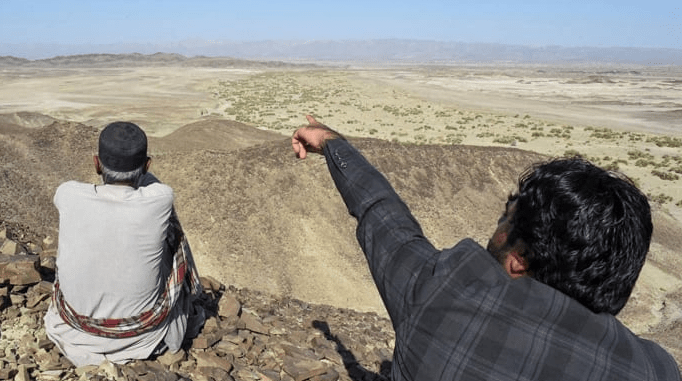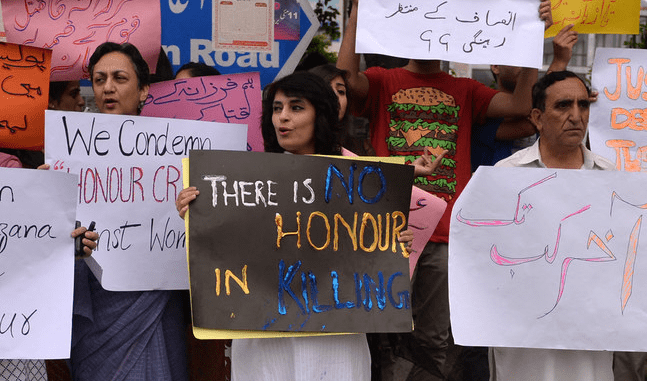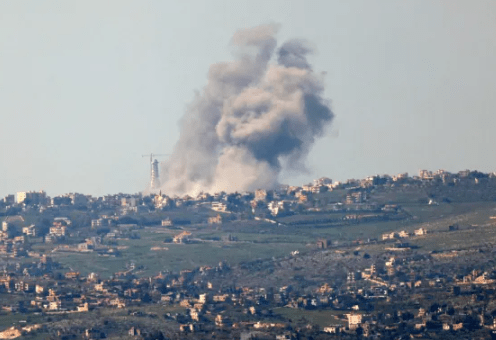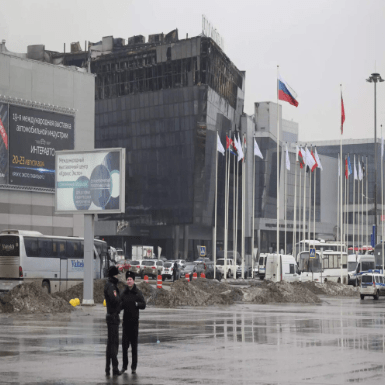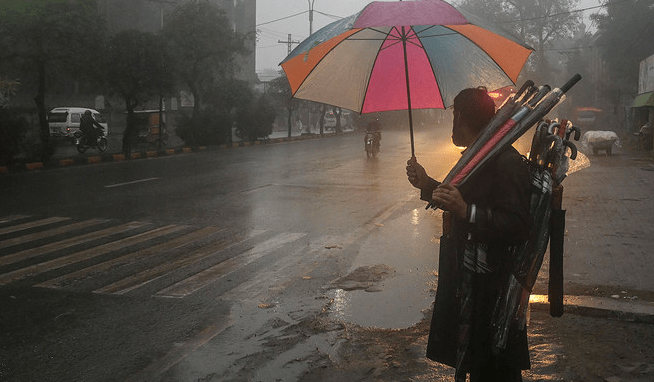Taliban says ‘ready for inclusivity, but not selectivity’
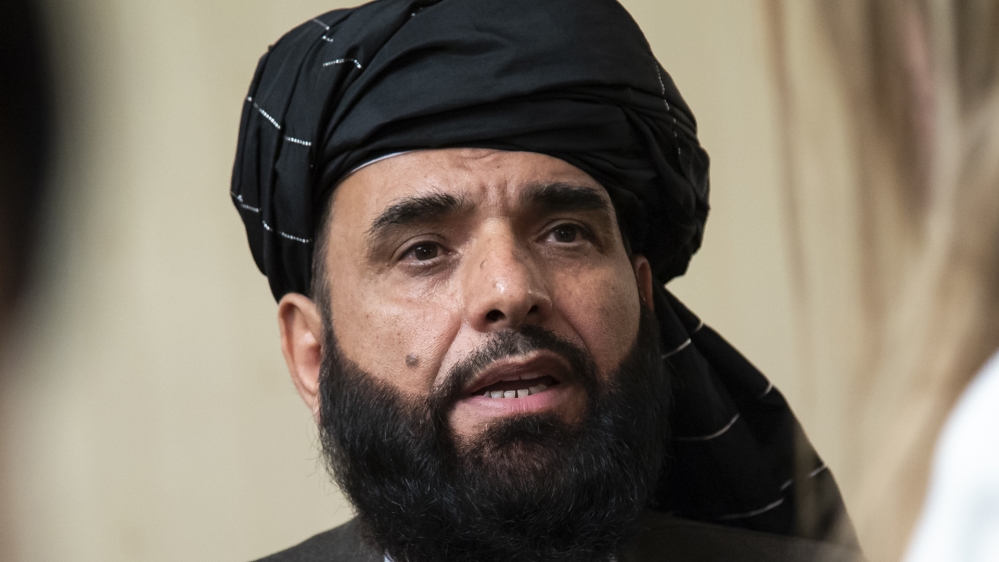
Senior Taliban leader Suhail Shaheen’s comments come as a delegation led by acting foreign minister in Doha to hold talk with the US.
The Taliban’s “Islamic emirate” is “ready for inclusivity but not selectivity”, the group’s senior leader has told Al Jazeera, in response to the Western pressure for an inclusive Afghan government.
The Taliban says members of ethnic minorities have been represented in its Cabinet announced last month and that women would be added later.
The Taliban has been cold to US suggestion to include “old guard” in the “inclusive” government, sources told Al Jazeera.
“The international community must respect the wishes of the Afghan people,” Suhail Shaheen, ambassador-designate to the UN, told Al Jazeera in an exclusive interview.
The Afghan group, which captured power on August 15, has sought international recognition of its “Islamic Emirate in Afghanistan” (IEA), but the West has said that recognition would be linked to the treatment of women and minorities.
The continued closure of high schools for girls and killing of Hazara people has drawn criticism from rights groups, and caused concerns among the Western nations.
Taliban-US talks
Shaheen’s comments came as a Taliban delegation led by acting Afghan Foreign Minister Amir Khan Muttaqi arrived in Doha to hold talks with Qatari officials and representatives of a number of other countries, including the United States.
The US officials, including intelligence and Department of State, will hold their first face-to-face meeting with Taliban officials since American troops pulled out from Afghanistan on August 30.
Security agencies from regional and international powers are also expected to hold talks with the Taliban delegation, which includes spy chief Mullah Abdul Haq Wasiq, Minister of Information and Culture Mullah Khairullah Khairkhwa and Sheikh Shahabuddin Delawar.
Maulvi Dilawar is one of the founding members of the Taliban negotiation team based in Doha. He was sent by the group’s founding chief Mullah Mohammed Omar to establish the Doha political office.
The two-day meetings will kick off on Saturday.
Shaheen, the senior Taliban leader, on Thursday held meetings with ambassadors and representatives of several countries, including the United Kingdom and the US, in Doha.
Taliban has insisted the US should honour the 2020 agreement it signed in Doha and remove sanctions and unfreeze Afghan central bank assets worth billions of dollars. Many Taliban leaders, including current ministers, are still blacklisted by the UN and the US.
Afghanistan’s central bank’s assets worth more than $9bn have been frozen by the US while international financial institutions such as IMF have suspended Afghanistan’s access to its funds triggering a liquidity crunch.
Concessions on women’s rights
The US wants leaders from the previous government to be made part of the “inclusive” government, concessions on women’s rights and access to target armed groups such as ISIL affiliate, the Islamic State in Khorasan Province, ISKP (ISIS-K), sources told Al Jazeera.
The ISKP group on Friday claimed an attack on a Shia Hazara mosque that killed dozens – the worst attack since the Taliban came to power in August. the group has emerged as the biggest security threat to the Taliban.
Earlier, Mutlaq al-Qahtani, Qatar’s special envoy to Afghanistan, called on the international community to “engage with the Taliban”.
“You can disagree with them but isolationist policies cannot bring solutions,” he had told Al Jazeera late last month.
“The international community must not repeat the mistakes of the past. Pariah states tend to swing towards extremism and violence,” he said referring to the dangers of Afghanistan turning into a pariah state.
“With active engagement to improve lives of millions of Afghan people, the international community can prevent Afghanistan from becoming one.”
Meanwhile, Afghanistan has been staring at a humanitarian catastrophe, with only a third of the funds sought for the country by the UN have been disbursed.

